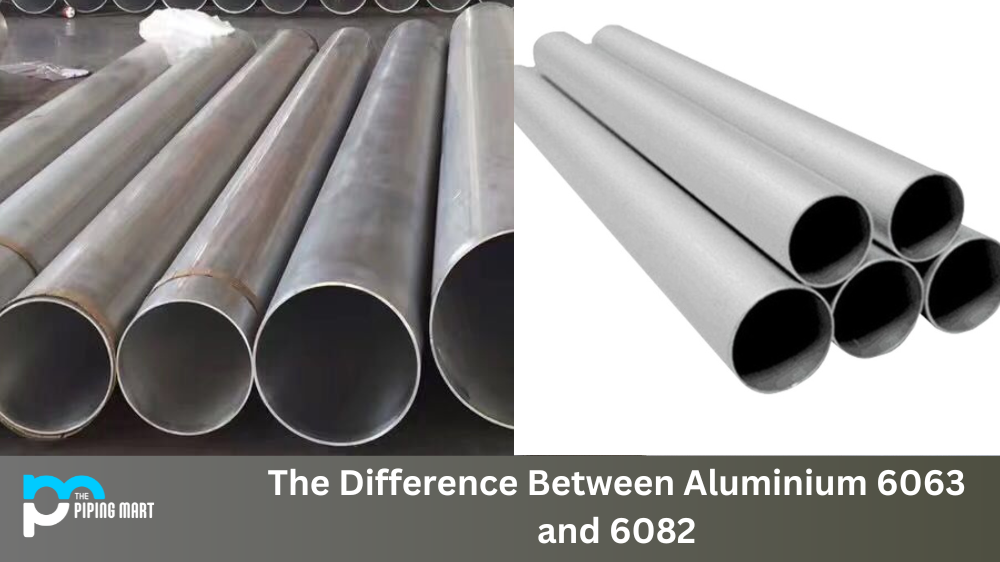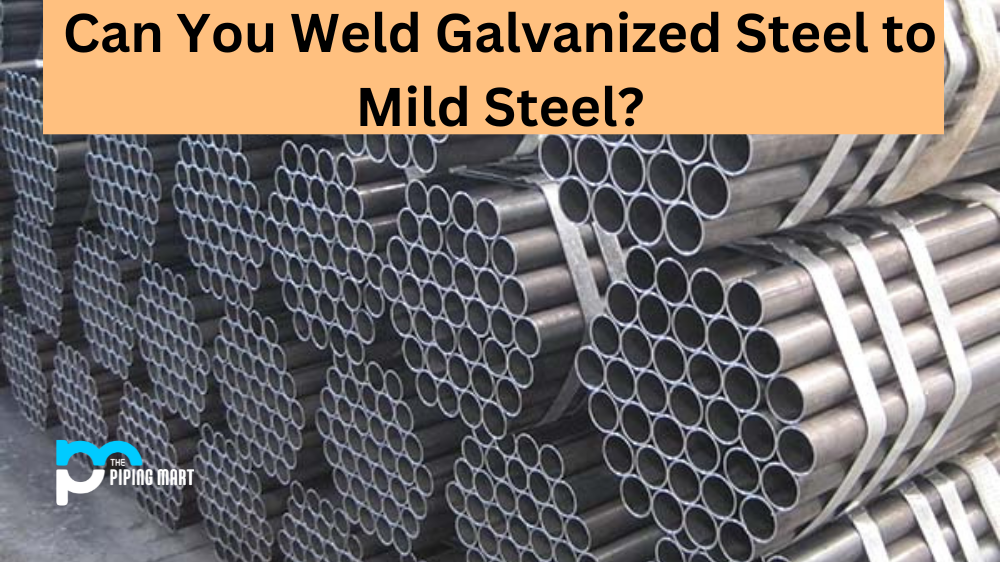Regarding home repair, copper and PVC are two of the most commonly used piping materials. Both have advantages and disadvantages, so it’s essential to understand the pros and cons of each before making a decision. Let’s look at what makes these two materials different from one another.
Difference Between Copper Pipes and PVC Pipes
Cost Comparison
When it comes to cost, copper is typically more expensive than PVC. This is because copper is much more challenging to work with. It requires specialized tools that are often hard to find, so that installation costs can be higher than those for PVC pipes. On the other hand, PVC is usually much easier to install because its lightweight nature allows for less labour-intensive installation methods. As a result, PVC pipes tend to be cheaper in terms of installation costs than copper pipes.
Durability
Copper pipes are known for their durability. They can withstand high temperatures without cracking or warping, which makes them ideal for hot water systems and areas prone to freezing temperatures, such as basements or attics where they won’t be exposed to extreme heat or cold. Meanwhile, due to their plastic composition, PVC pipes are more susceptible to damage from temperature fluctuations. However, PVC pipes provide some insulation benefits since they don’t transmit heat or cold as quickly as copper. One of the primary benefits of copper pipes is that they are more durable than PVC pipes. Copper pipes can last for decades, while PVC pipes must be replaced every 20 to 30 years. Additionally, copper pipes are not susceptible to damage from freezing temperatures, which can cause PVC pipes to crack and leak.
Maintenance Requirements
Another difference between copper and PVC is the maintenance required over time. Copper pipes need minimal care but occasional checkups due to corrosion or leaking caused by mineral build-up in the water supply over time. On the other hand, PVC pipes require no maintenance since they will never corrode or develop leaks due to mineral build-up in the water supply like copper does over time.
More Resistant to Corrosion
Another benefit of copper pipes is that they are more corrosion-resistant than PVC pipes. Copper is a naturally occurring element resistant to corrosion, while PVC is a synthetic material prone to corrosion. This means that copper pipes will not degrade as quickly as PVC pipes and will not need to be replaced as often.
More Flexible
Copper pipes are also more flexible than PVC pipes, which means they can be installed in various locations. PVC pipes are rigid and can only be installed in straight lines, while copper pipes can be bent and installed in tight spaces. This flexibility makes copper pipes ideal for plumbing applications where space is limited.
Less Maintenance
Another advantage of copper over PVC is that copper pipes require less maintenance over time. PVC pipes are susceptible to build-up from mineral deposits, which can clog the pipe and reduce water flow. Copper pipes do not experience this problem as minerals do not stick to the surface of the pipe. As a result, copper pipes will not need to be cleaned as often as PVC pipes.
Conclusion:
Both copper and PVC have advantages and disadvantages when it comes to home repair projects involving pipe work. Copper is pricier but has greater durability, while PVC is cheaper but less resistant to corrosion and wear over time than its counterpart material. Ultimately it all comes down to personal preference when deciding which type of pipe material suits your needs best! No matter which one you choose, make sure you research both materials before making any decisions so that you know exactly what you’re getting yourself into!

A passionate metal industry expert and blogger. With over 5 years of experience in the field, Palak brings a wealth of knowledge and insight to her writing. Whether discussing the latest trends in the metal industry or sharing tips, she is dedicated to helping others succeed in the metal industry.




